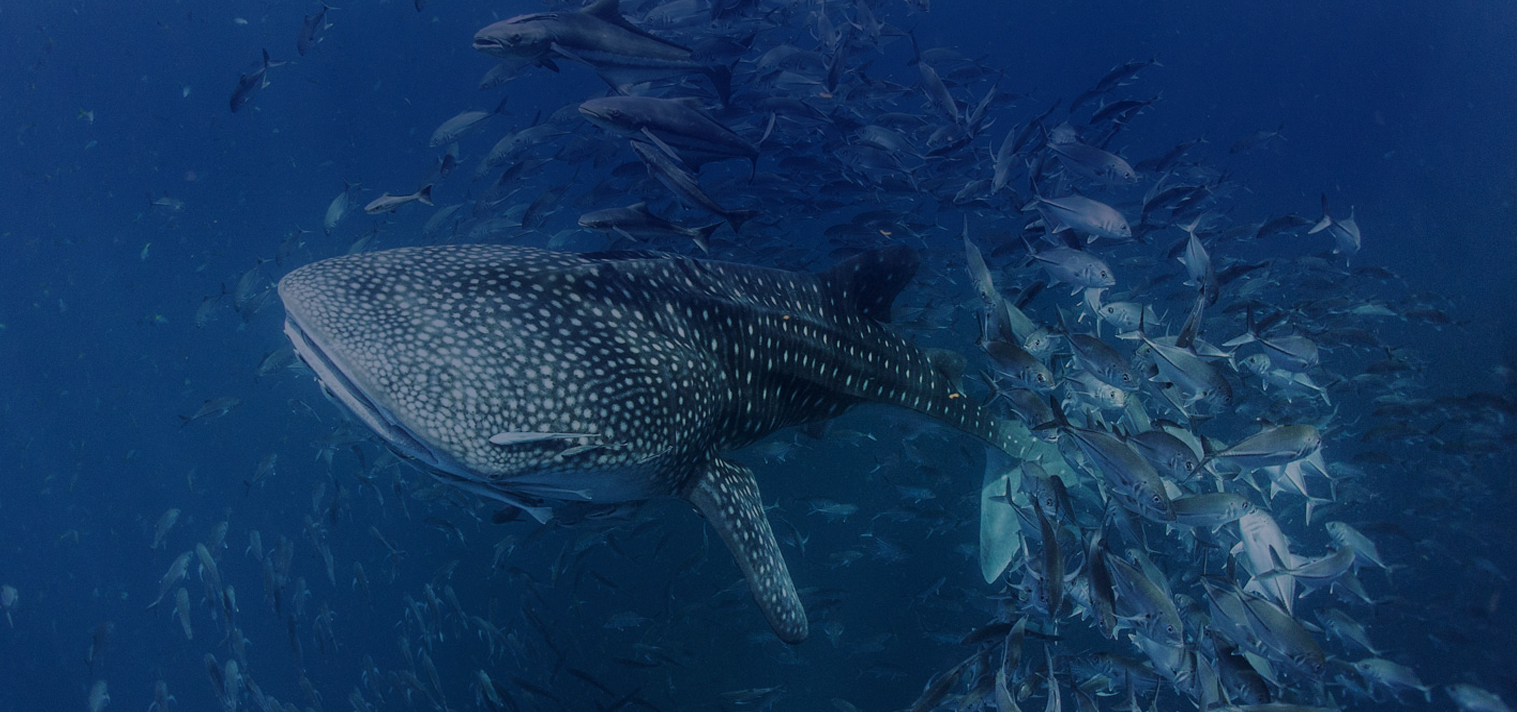The IOCARIBE ANCA Network held a regional workshop to strengthen national capacities in the use of the HAEDAT database, the global platform that records harmful algal bloom (HAB) events. The session provided a practical demonstration on how to enter, edit, and retrieve information, while highlighting the importance of improving the quality and consistency of data reported across the region.

2 December 2025
The IOCARIBE Regional ANCA Network hosted a virtual workshop dedicated to the practical use of the HAEDAT database, aiming to support Caribbean countries in the standardized reporting of harmful algal bloom events. The activity brought together national experts who learned about the platform’s key functions, its role within the global HAB information system, and the steps involved in submitting complete and accurate reports.
During the session, participants were guided through the essential components of HAEDAT and engaged in hands-on exercises to practice entering events, understanding mandatory fields, and reviewing data download and verification processes. The workshop also encouraged discussion on regional challenges, including the need for georeferenced information and complete environmental descriptions for each event.
The training emphasized the importance of strong inter-institutional coordination within each country to avoid duplicate entries and ensure continuity in annual reporting. Participants also reviewed recommendations to strengthen the role of national focal points and contribute to a more robust database that supports regional assessments and aligns with the upcoming relaunch of the platform.
IOCARIBE and the ANCA Network will continue working closely with Member States during 2026 to review active users, update access credentials, and support capacity development. This workshop represents an important step toward building a more prepared regional community with stronger tools for understanding and managing HAB events in the Caribbean.
By Alex Palomino
CURRENT NEWS ITEMS
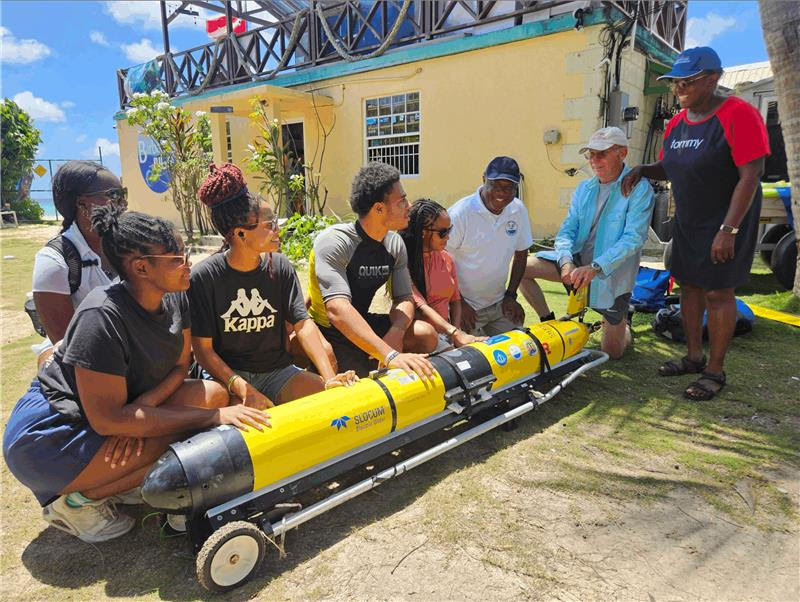
21 July 2025
The RU 29 glider, as part of the OceanGlider network, will dive up to 1 000 metres beneath the ocean’s surface, collecting vital data on temperature, salinity, and…
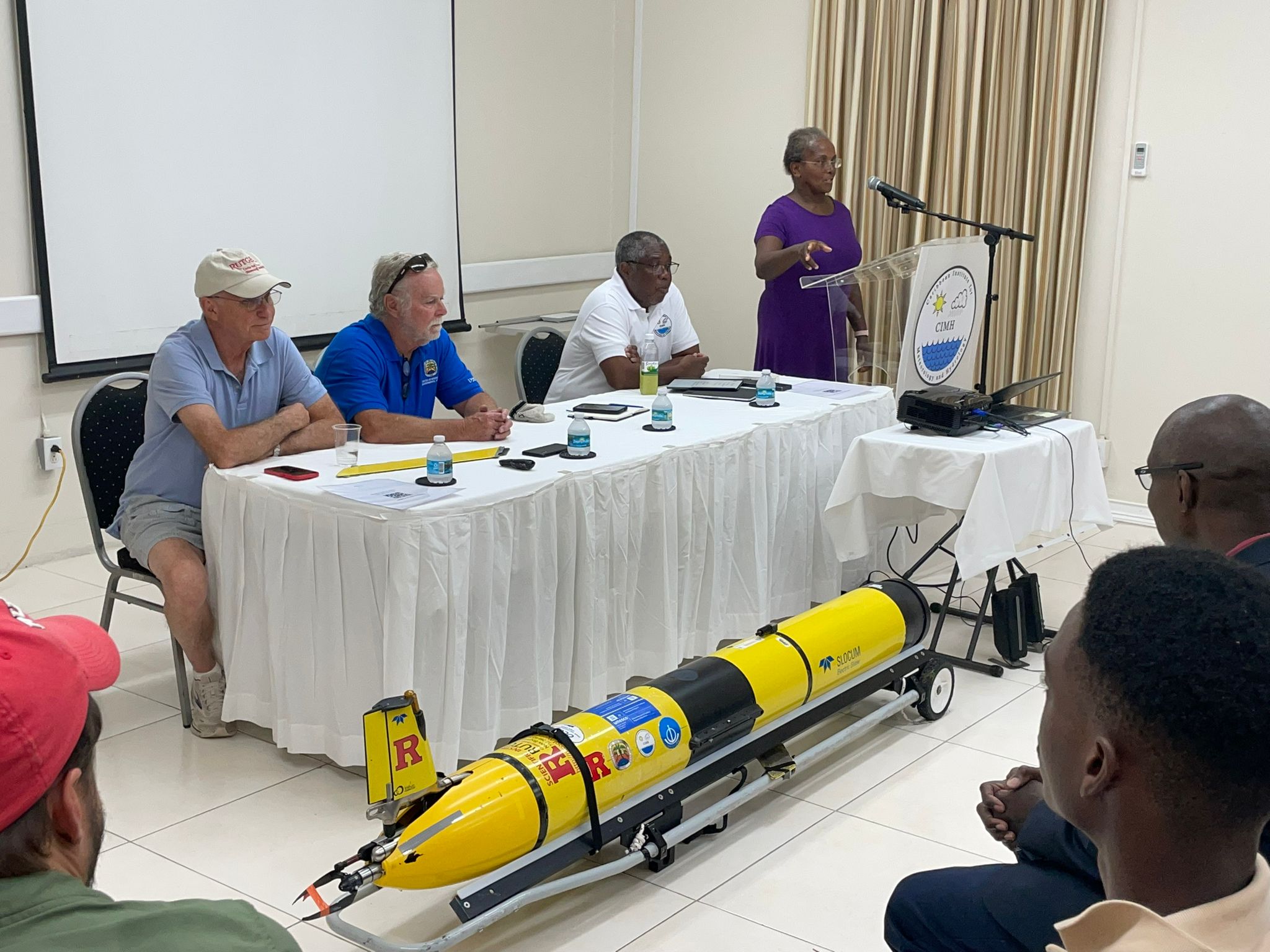
16 July 2025
This came about through the Caribbean Institute for Meteorology and Hydrology (CIMH), Rutgers University’s Centre for Ocean Observing Leadership (RU COOL), the…
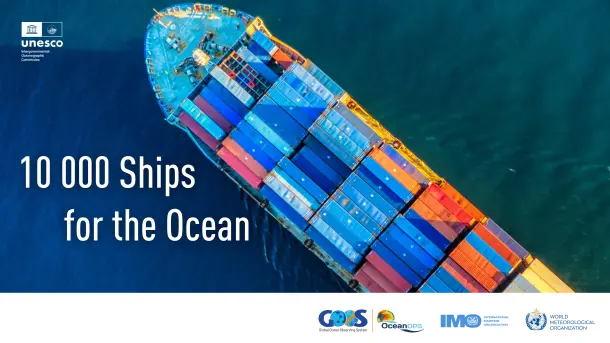
11 July 2025
Supported by the World Meteorological Organization (WMO), the Intergovernmental Oceanographic Commission (IOC)…
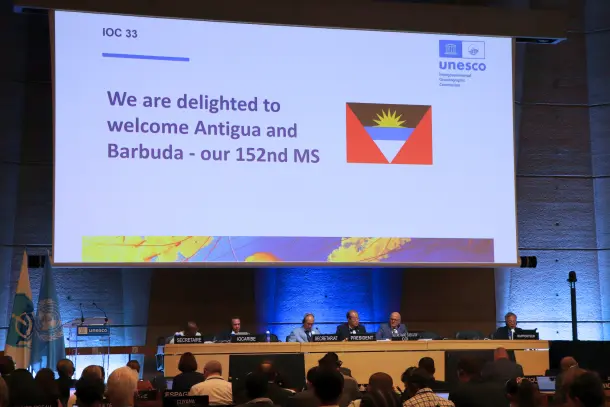
7 July 2025
The formal acceptance of Antigua and Barbuda by the Director-General of UNESCO marks an important step toward a more…

5 June 2025
Through this newsletter, you will receive:
-
…
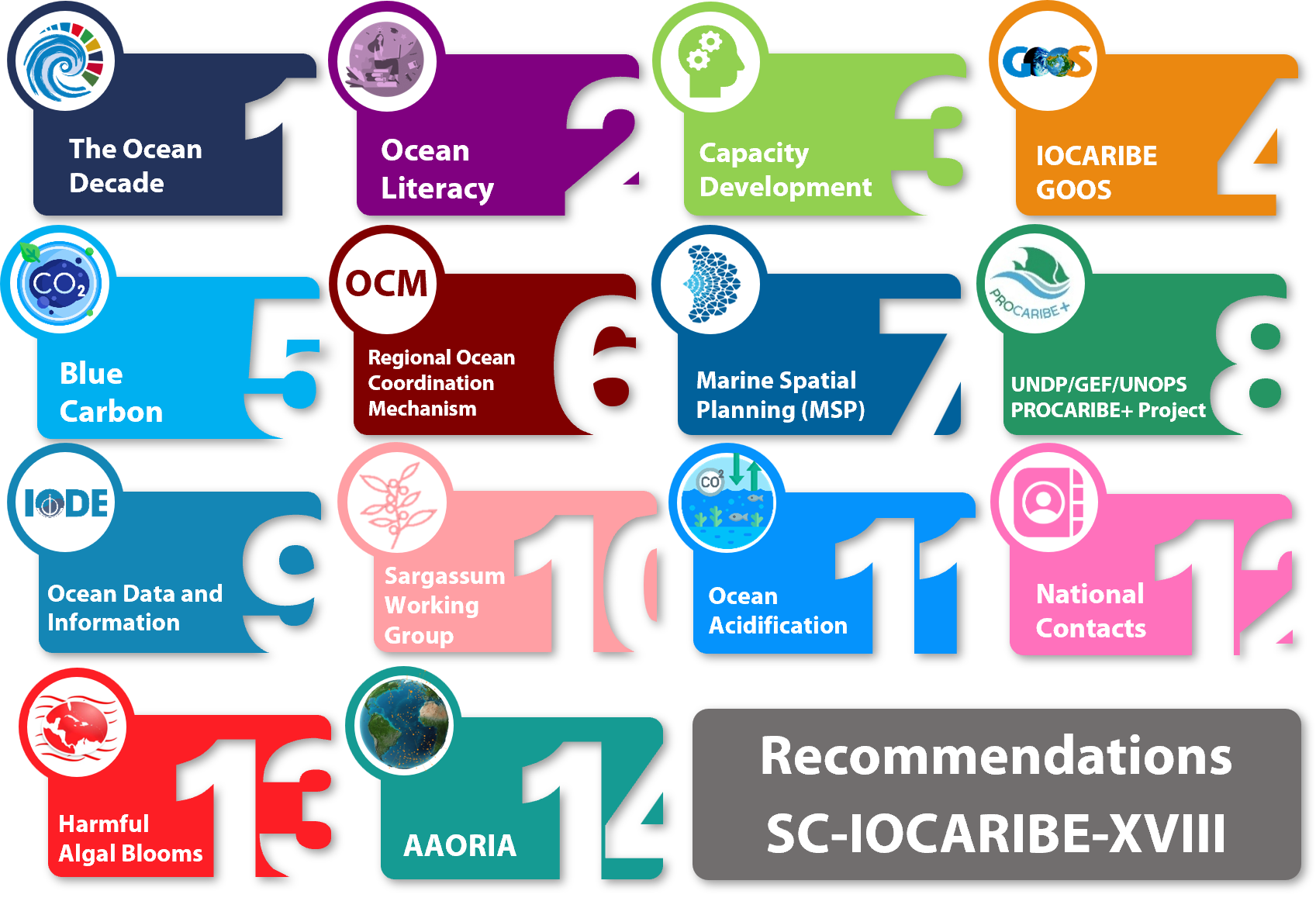
27 May 2025
📣 In the words of IOCARIBE Chair, Dr. Marck Oduber:
“Colleagues and friends, we have the frameworks, and vision. Now we must deliver — together. Let us co-create science that empowers…

21 May 2025
A Strategic Agenda for Regional Ocean Governance
The session’s agenda focused on reviewing progress…
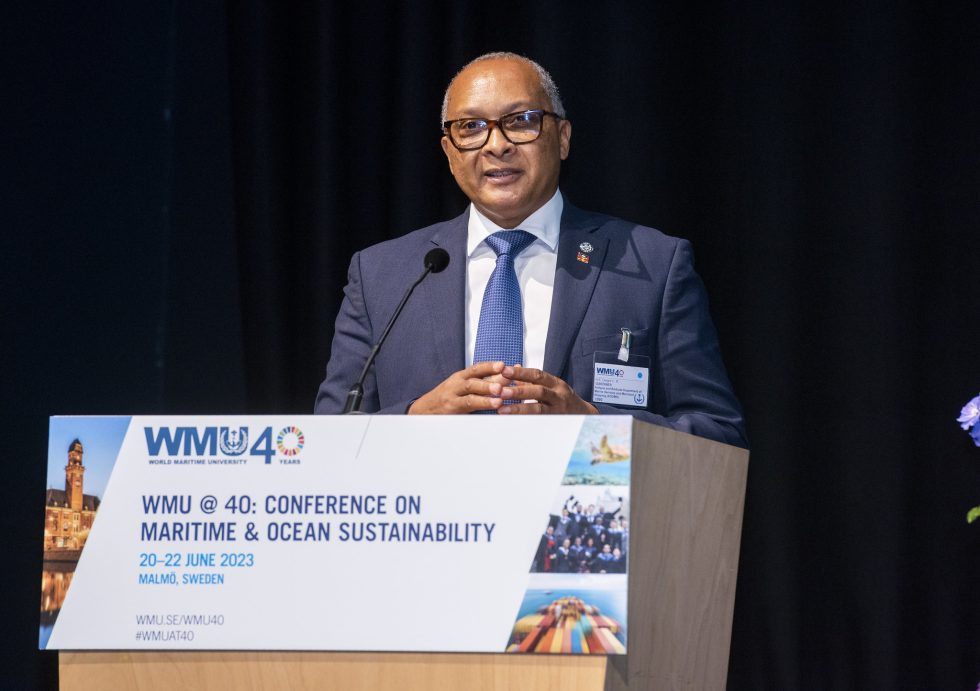
6 May 2025
Antigua and Barbuda, a UNESCO Member State for over 40 years, recognized that while it has actively participated in the work of the Culture Commission…
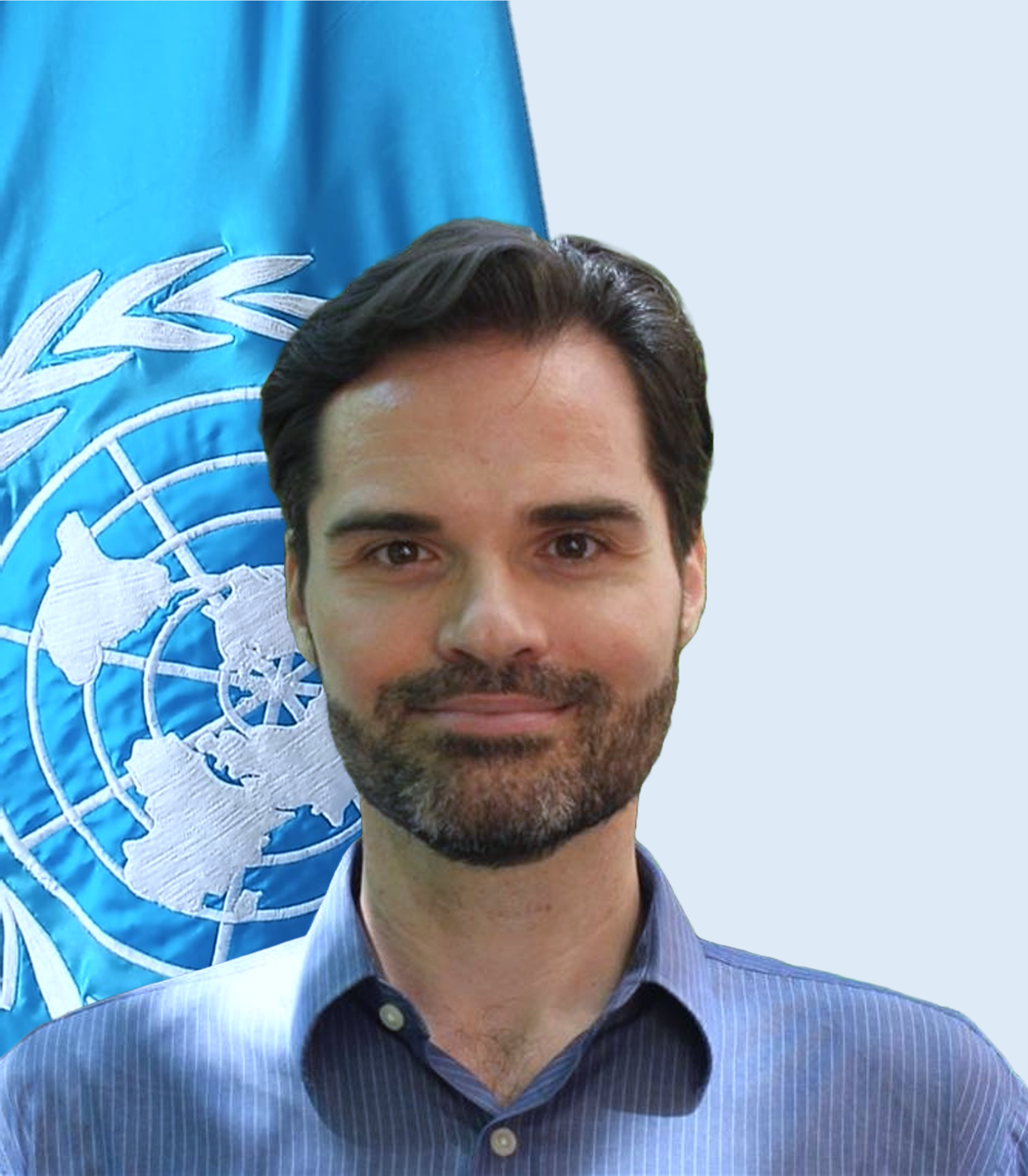
5 May 2025




